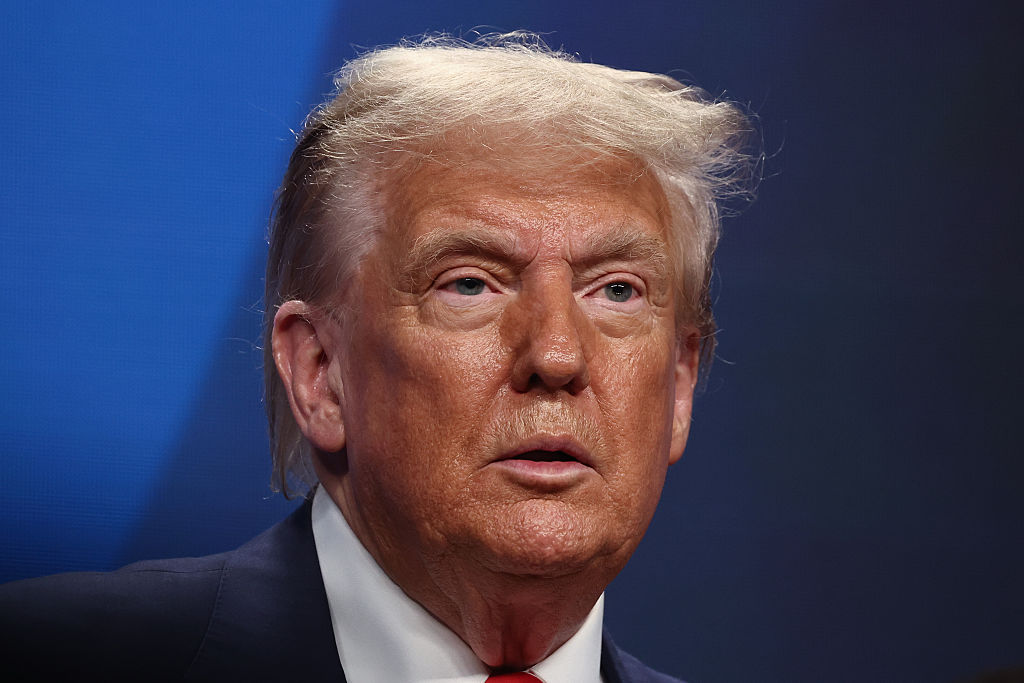President Donald Trump announced Saturday that the United States will impose 30% tariffs on goods from the European Union and Mexico, a sweeping trade action that stunned U.S. allies, upended months of diplomacy, and risks plunging transatlantic relations into a full-scale trade war.
The tariffs, set to take effect August 1, were confirmed in letters Trump posted to social media, warning that any retaliatory action would trigger additional duties. “Whatever the number you choose to raise them by will be added onto the 30 percent we charge,” the president wrote.
The European Union responded sharply on Sunday, stating:
“Imposing 30 percent tariffs on EU exports would disrupt essential transatlantic supply chains, to the detriment of businesses, consumers and patients on both sides of the Atlantic… We will take all necessary steps to safeguard EU interests, including the adoption of proportionate countermeasures if required.”
European leaders had been engaged in ongoing negotiations to avoid steep tariffs. Officials had prepared for a 10% tariff scenario, hoping to secure carve-outs for critical sectors like pharmaceuticals, auto manufacturing and agriculture. That hope collapsed with Trump’s announcement.
The EU’s retaliatory package — affecting €21 billion (about $25 billion) in U.S. goods — remains on hold but could be activated as early as Tuesday.
Trade experts warn of significant economic fallout if both sides escalate. President Trump framed the move as part of his “America First” second-term agenda, aimed at reshaping global trade dynamics. But critics warn it could isolate the U.S. and trigger price hikes at home, especially on autos, food and medicine.


